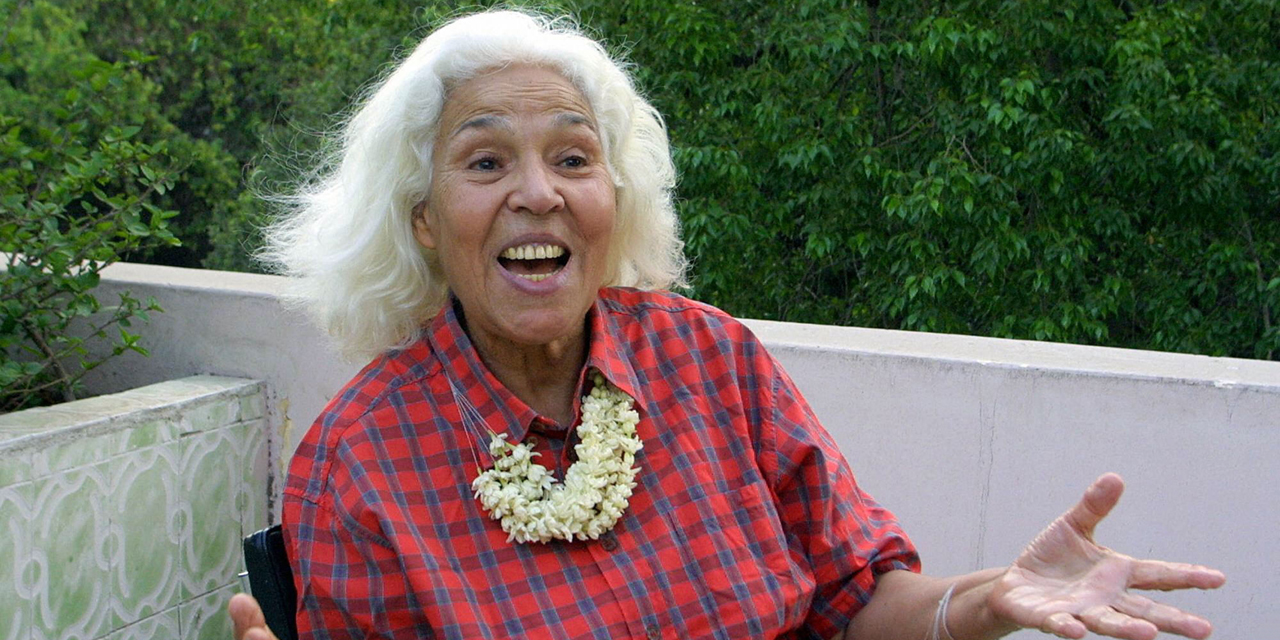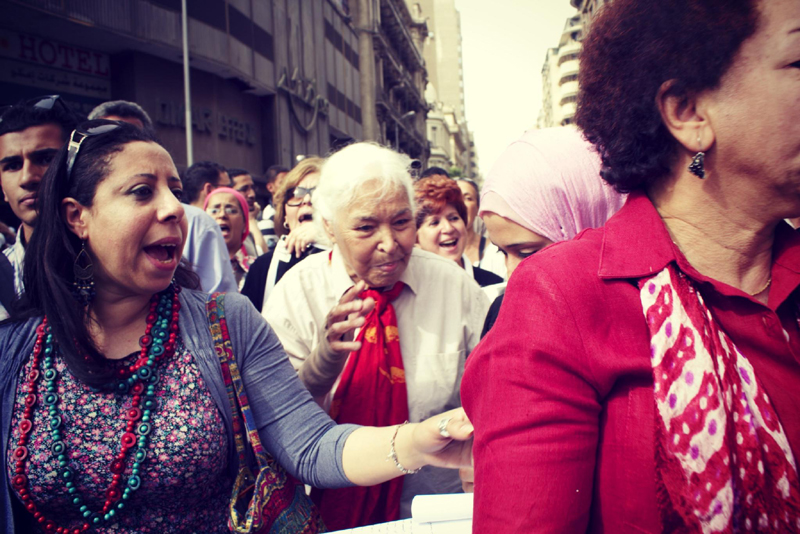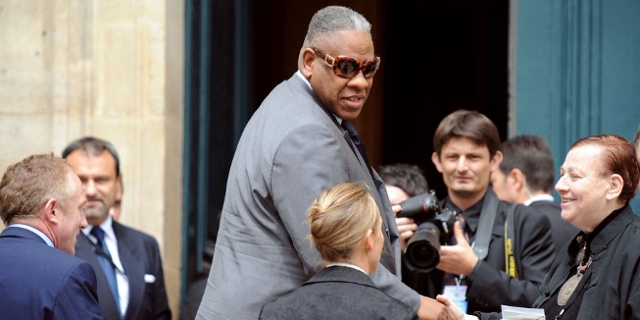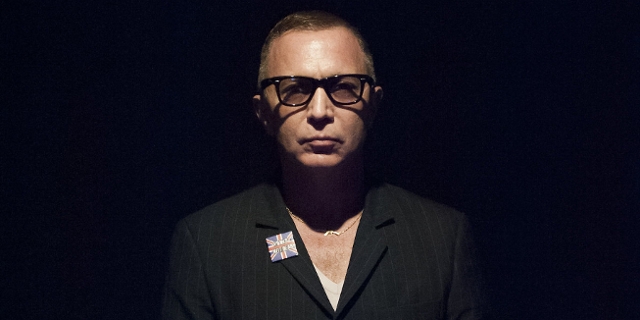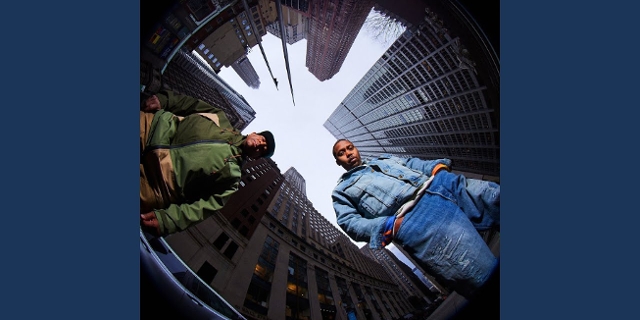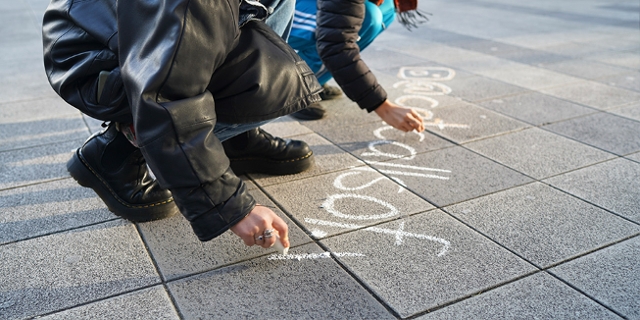Nawal El Saadawi: A Savage and Dangerous Woman
The women on the Egyptian side of my family are uniformly successful in their chosen fields of expertise and work—I have Aunties who are outstanding businesswomen, psychologists, educators and my female cousins are best-selling writers, literary critics, pharmacists. My beloved grandmother, in the short time I was privileged to know her while she was alive and despite a language barrier, instilled in me the power of a quiet and affectionate and yet definite authority. My grandmother („Jidah“ in Arabic) Yaldez travelled beyond the borders of Egypt, sometimes even without her husband, my grandfather, and this was an expression of empowerment especially for women of her generation.
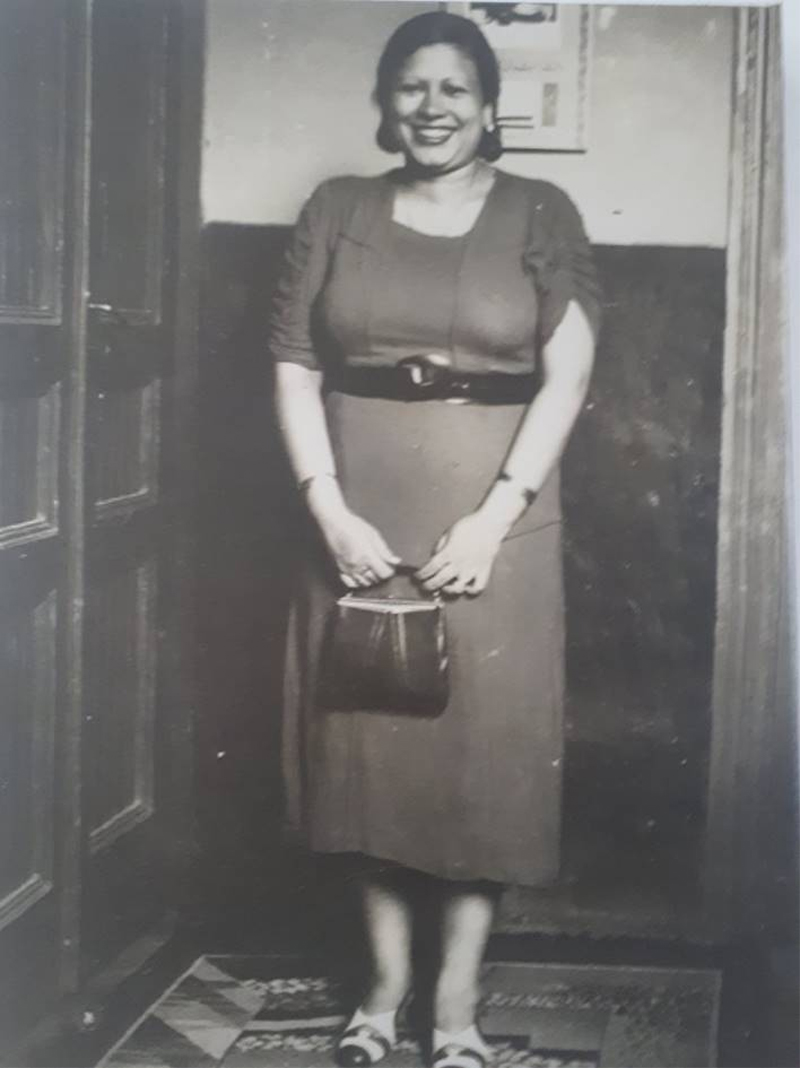
Riem Higazi
The photo of my grandmother Yaldez which hangs in my living room.
When I think of a powerful Egyptian grandmotherly-type presence throughout the course of my life, of course Yaldez reigns supreme but two other names come to mind. Oum Khaltoum, whose impact on the entire Arab world is beyond measure and also the Egyptian psychiatrist, feminist and novelist Nawal El Saadawi who passed away this weekend at the age of 89. I am sure that her tireless work to better the plight of women in Egypt had an effect on the social conditions in which my female relatives in Egypt have been able to thrive.
The prolific and outspoken activist published a fundamental work of feminist criticism in 1972, „Women and Sex“, and with it she gained a reputation as a fearless commentator on women’s rights in Egypt. In 1981, she was jailed for „crimes against the state“ for her views, especially for her criticism of female circumcision. For El Saadawi, the sentence was a clear demonstration of the link between political power and patriarchy.
While in jail and with an eyebrow pencil and a roll of toilet paper, she wrote of her experience: „Memoirs From the Women’s Prison“ which was published in 1983. This book became the basis of a continued body of work that has shaped the discourse on women’s liberation in the Arab world. El Saadawi had known the inside of women’s prison well before she became a prisoner herself. In 1975, she published a novel based on her conversations with a female prisoner who was eventually executed for murdering a man. The book, „Woman at Point Zero“, is a fascinating and most eloquent description of what El Saadawi would describe as the act of facing death for a principle.
„Men impose deception on women and punish them for being deceived, force them down to the lowest level and punish them for falling so low, bind them in marriage and then chastise them with menial service for life, or insults, or blows."
― Nawal El Saadawi, "Woman at Point Zero“
And while I’m in quote-mode:
„Women are half the society. You cannot have a revolution without women. You cannot have democracy without women. You cannot have equality without women. You can’t have anything without women.“
That would seem like such a basic thing to say, to know, to understand and yet, it was with enormous courage and resilience that El Saadawi tirelessly spread that message since, until this day, it is a notion still alien to patriarchal societies the world over.
I felt and will continue to feel a familiar affection for Nawal El Saadawi. In semi-recent interviews, she wore her silver shoulder-length hair in Heidi-like braids and they made her physical a stark contrast to the harsh realities of the plight of women she was talking about. She was also a master storyteller, not just in written form.
As the news of her passing was made public, my social media feeds became flooded with expressions of sadness and tributes and links to her interviews and her work. The sheer scale of the outpouring of grief at her passing made me realise that my social media bubble was unanimous in its admiration for her and so I was curious to know what the reaction to her death was outside of my circle of friends and contacts.
My cousin who lives in Cairo let me know how the conservative religious so blatantly NOT in my bubble were reacting. My cousin wrote, „It’s a shitshow Riem. Nawal El Saadawi is being described as a dead infidel and as Satan’s mistress.“ Well, the perpetrators and fans of the unjust patriarchy can say whatever they want, Nawal El Saadawi’s impact is permanent and will continue to evolve. On her shoulders stand the feminist giant heroes of today: Mona Eltahawy, Mona Seif, or the young Egyptian women on TikTok. If I had to provide links to the next generation of feminist giants whose on-going work was most definitely influenced by the force that was Nawal El Saadawi, I’d be here all day. Knowing that makes me smile to myself and think, „Shokran Jidah Nawal!“
„They said, ‚You are a savage and dangerous woman.‘ I am speaking the truth. And the truth is savage and dangerous.“
― Nawal El Saadawi, „Woman at Point Zero“
Publiziert am 22.03.2021







